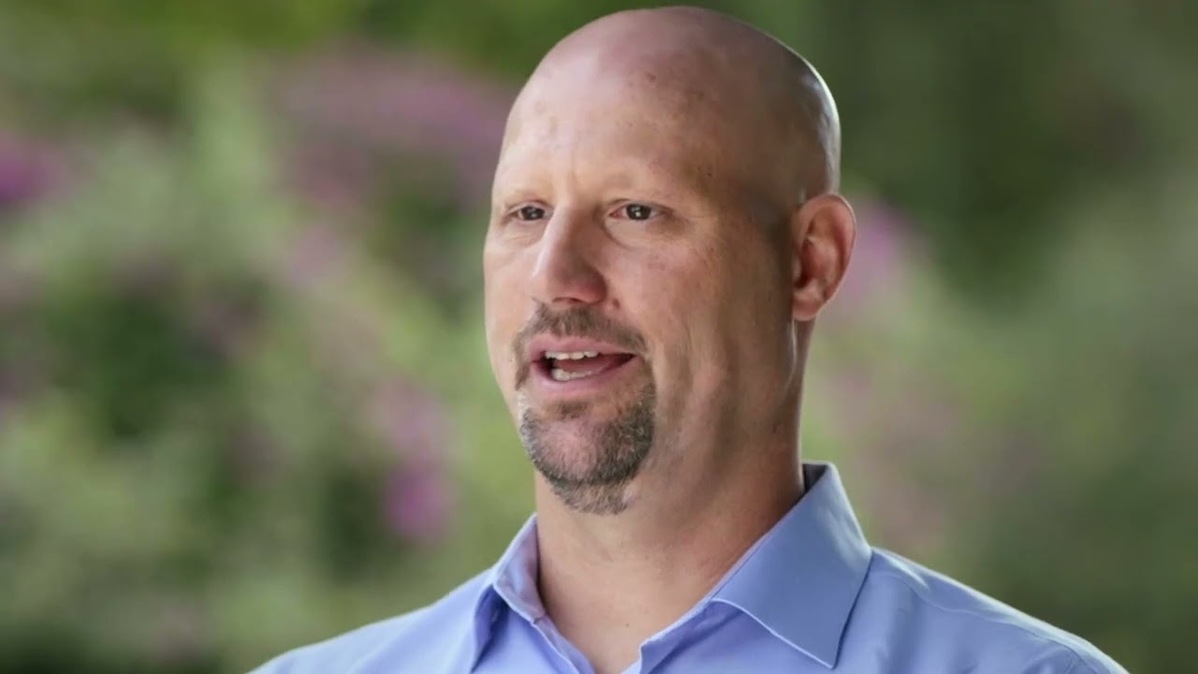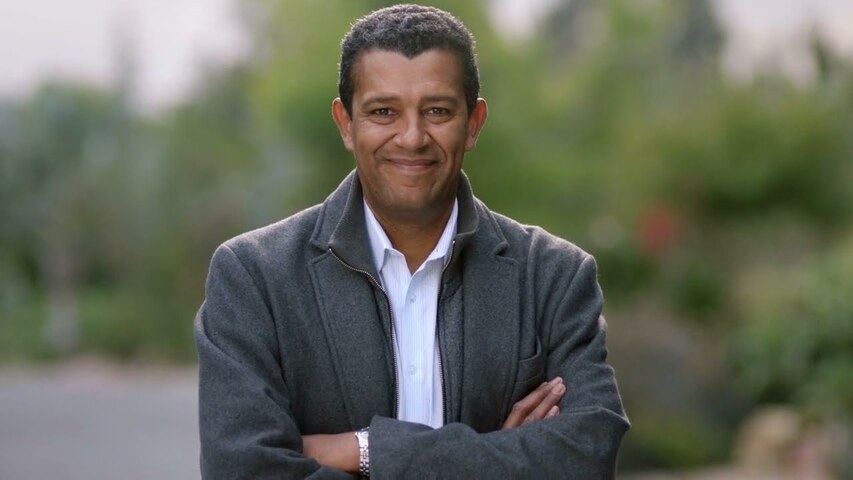 VIDEO
VIDEO
People who take part in clinical trials are volunteers. They may also be called “participants” or “subjects.” When people participate in clinical trials they help contribute to medical research that finds new or better treatments for people with illnesses and diseases. The results of every clinical trial are important because they give researchers more information about the risks and benefits of the treatments in the trial.
Because of participation from volunteers, clinical trials help:
- Develop potential new medicines
- Discover if certain medicines work better than others
- Find new users for already-approved medications
Clinical trials are the fastest and safest way to find treatments that help improve people’s health.
Clinical trial execution
Developing a new treatment can take a long time, sometimes even more than a decade. This is to ensure the treatment has been properly tested and is effective and safe enough for the greater public.
